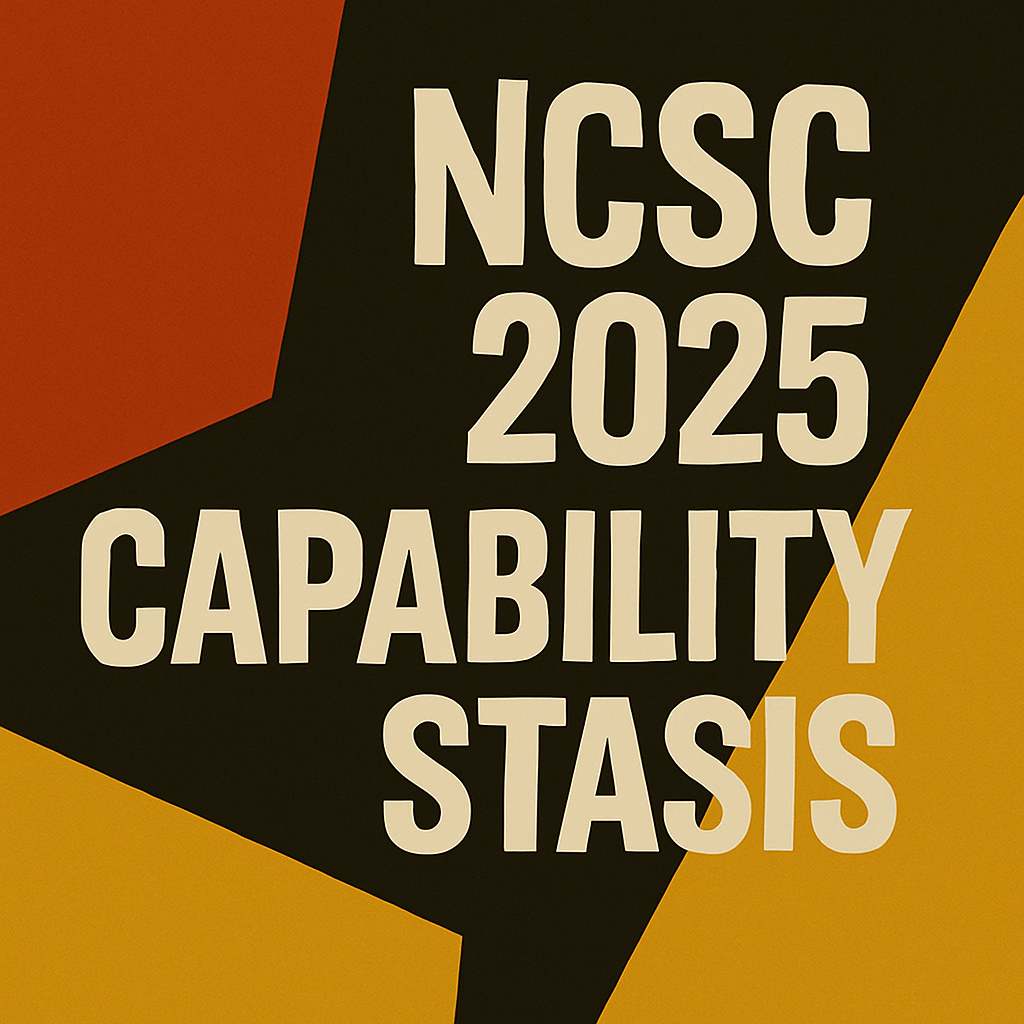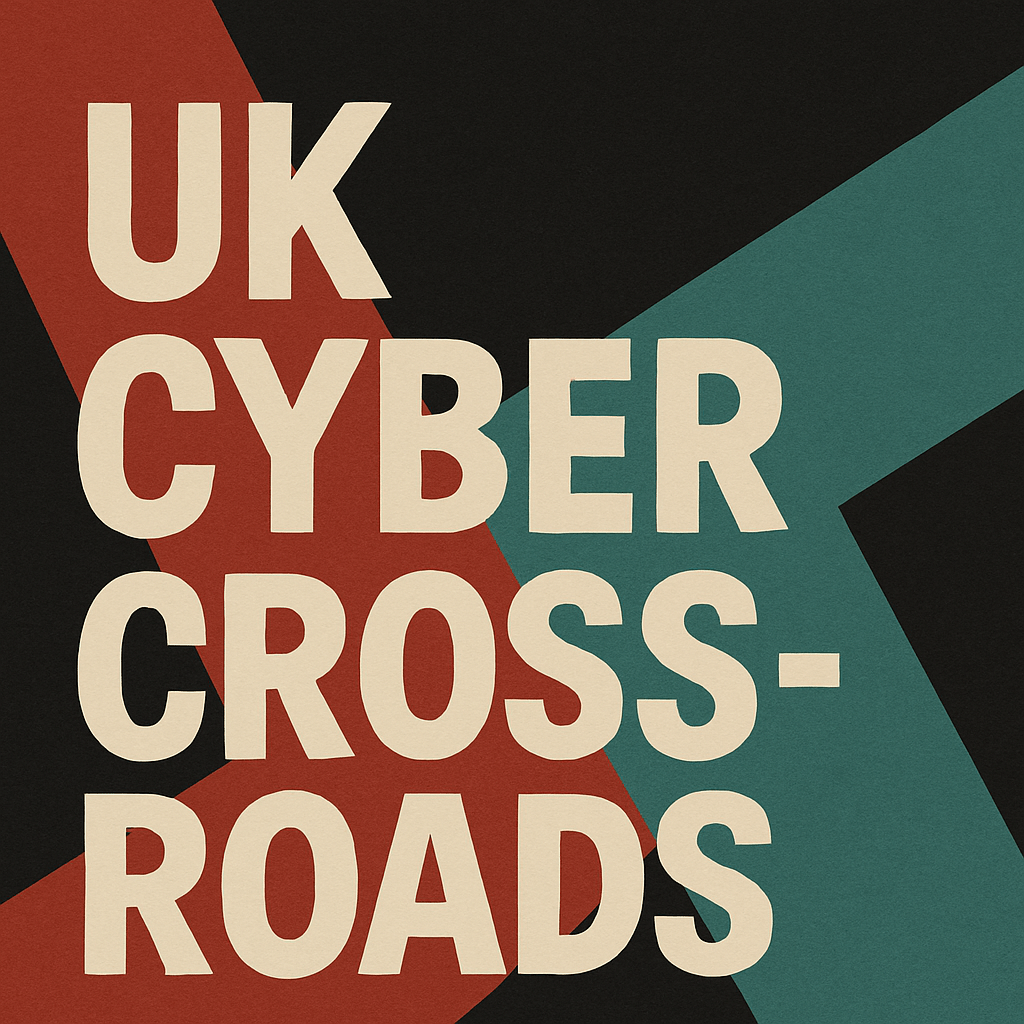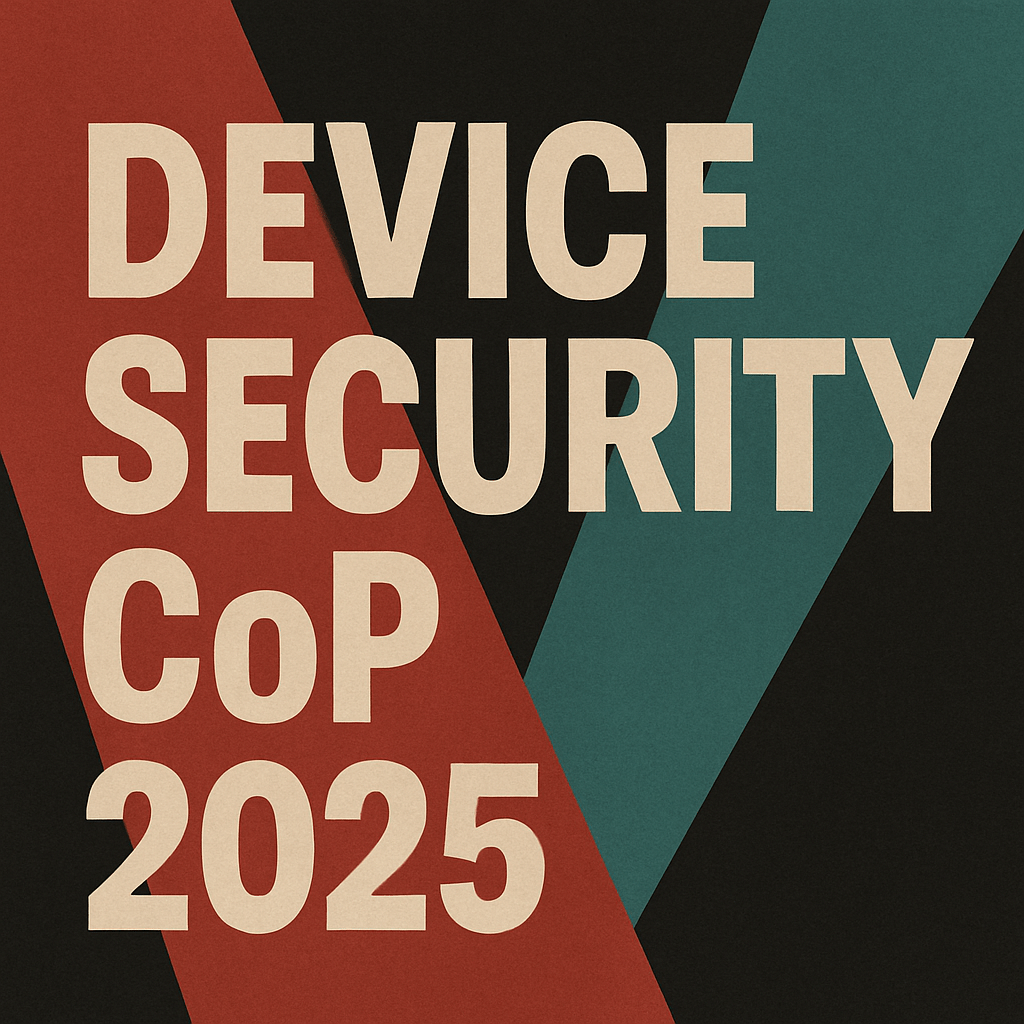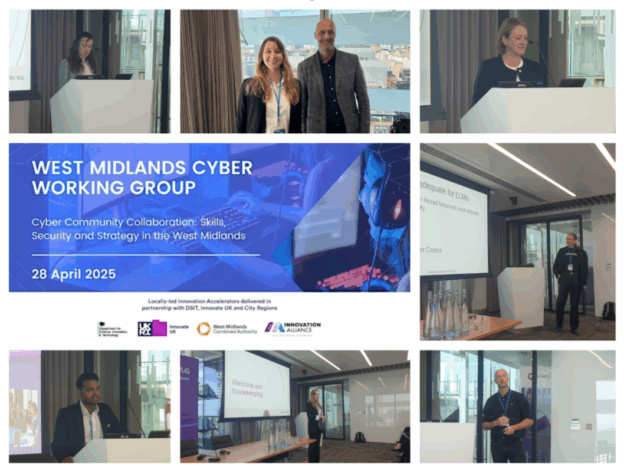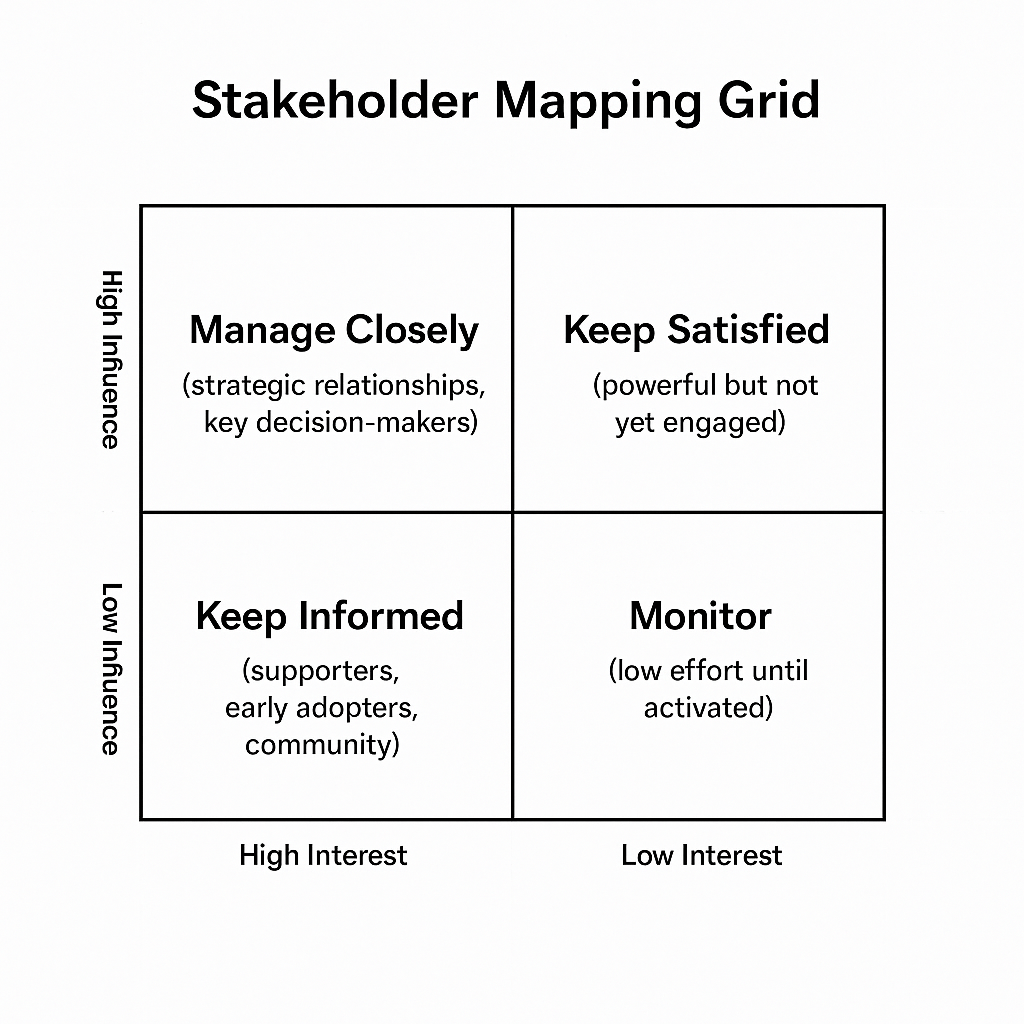The article examines the NCSC Annual Review 2025 as both a testament to accomplishment and a warning. It praises the NCSC’s technical competence but questions its identity: regulator, delivery agency, or state-backed market player? It highlights contradictions — DSIT hailing it as “the jewel in the crown” while eroding its remit, diluting CyberFirst into TechFirst, ending its startup work, and overstating the benefits of Cyber Essentials. The piece concludes that the NCSC is overextended and under-defined, needing clarity of purpose more than new initiatives — less performance, more direction.
Continue reading